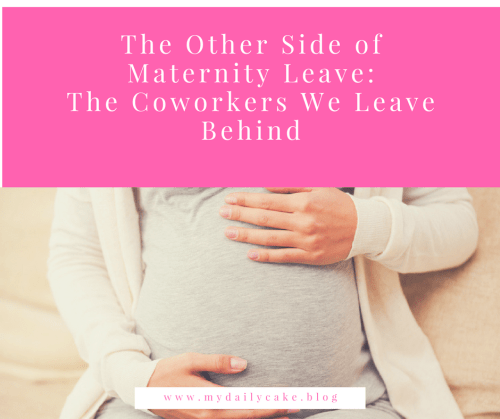Antenatal classes empower parents to navigate the pregnancy journey, birth and beyond. The classes cover pregnancy, childbirth and certain child care elements (like how to bath a baby). However, are antenatal classes worth it?
February’s Pregnancy Education Month campaign highlights how childbirth education empowers parents for a better birth experience.
My husband I attended antenatal classes at our local hospital.
We learned:
- Different ways of giving birth and pro’s and cons of each (natural, C- Section, etc.)
- Pain Management during the labour process
- How the clamping of the cord (which my dear husband was ecstatic about)
- Breastfeeding tips
- How to bathe a baby
- Things that will happen immediately after the baby is born, such as:
-
- Assessment of baby’s vital signs after birth. And my husband was tasked to not lose sight of our two little girls during this time (paranoid first-time parent).
- Skin to skin if no issues are at hand
- Breastfeeding etc.
Here are perspectives from mothers and experts on the question of antenatal classes.
[bctt tweet=”Attending antenatal classes gave us solid information from experts and trained professionals #PregnancyEducationMonth #EmpoweringBirth ” username=”cherralle_”]
Are Antenatal Classes Worth It? What Real Moms Have to Say
Shanne, mom of two.
How did pregnancy education classes empower you for your birth experience?
My husband and I attended antenatal classes when I was pregnant with our first child. We were provided with information on the different birth options (natural vs. c-section). As well as all the options for pain management such as epidural, hypnobirthing, etc. It was good to be provided with objective information on both options so that an informed decision could be reached. It was also useful to be equipped with practical examples of what to expect during birth and after that (the 4th trimester). We also learned about how to handle your newborn baby safely.
What is one thing you remember from your education class?
I was surprised by how scary a c-section looked on video. Which reaffirmed my decision to have a natural birth (which I did x 2). I also remember the Sister soaking a nappy in water and being surprised by how much water it could hold.
[bctt tweet=”Antenatal Classes play a key role in understanding different birth options and how to prepare, for mom and dad. #PregnancyEducationMonth #EmpoweringBirth ” username=”cherralle_”]
Cherralle, mom of two (this is me!)
How did antenatal classes empower you for your birth experience?
We attended antenatal classes when I was pregnant with our first child. The classes shed light on the various pain management techniques that are available from breathing techniques to medication. Pain management was a big issue for me as I did not believe I had any pain threshold (little did I know!).
We could also practice how to bathe a newborn (with a life like ‘baby doll’). It is astonishing how tiny babies are when you hold them. My husband loved these classes as well as gave him a sense of involvement and he is proud of his role as an equal parent.
You can also read here, how all hell broke lose when we came home with our second!
What is one thing you remember from your antenatal class?
I remember the breathing technique they taught us in class. I remember practicing it and using it during my labours (in between crushing my husband’s hand). The breathing technique came in handy for my husband. It came in handy for me as well, as I could not get epidurals for both my births. And I realized I had a very high pain threshold after all.
Sarah, Mom of One.
How did antenatal classes empower you for your birth experience?
We attended antenatal classes, and I would highly recommend it to any mom who has the means. It taught me the different options I have for giving birth. I wanted to give natural birth, but the classes educated me on a c section as well. I ended up having a C-section unexpectedly, and so I knew what to expect!
What is one thing you remember from your antenatal class?
I remember the video they showed us of a woman giving birth, and it looked so scary!
Are Antenatal Classes Worth it? What Experts Have to Say
‘There is a link between a lack of knowledge, fear and the experience of childbirth,’ says Lynne Bluff. Lynne is the national co-ordinator for the Childbirth Educators’ Professional Forum (CBEPF), which is partnering with Bio-Oil and hospitals nationally for the ‘Empowering Birth’ Pregnancy Education Month campaign.
Good childbirth classes, says Bluff, will equip parents with the pros and cons of all the available childbirth options. As well as practical tips and techniques for the birth and afterward. Childbirth educators are usually nurses and midwives and parents who can share both professional expertise and personal experience. Classes are on offer at many hospitals, clinics, and private practices.
Pregnancy Education Month
Over 300 private hospitals and clinics around South Africa are running Pregnancy Education Month activities in February. For details, or to find a childbirth educator in your area, visit www.PregnancyEducation.co.za.
Share this post to add your voice to the Pregnancy Education Week Campaign!
Disclaimer: Content developed in collaboration with Childbirth Educators’ Professional Forum. Opinions expressed here are my own.













